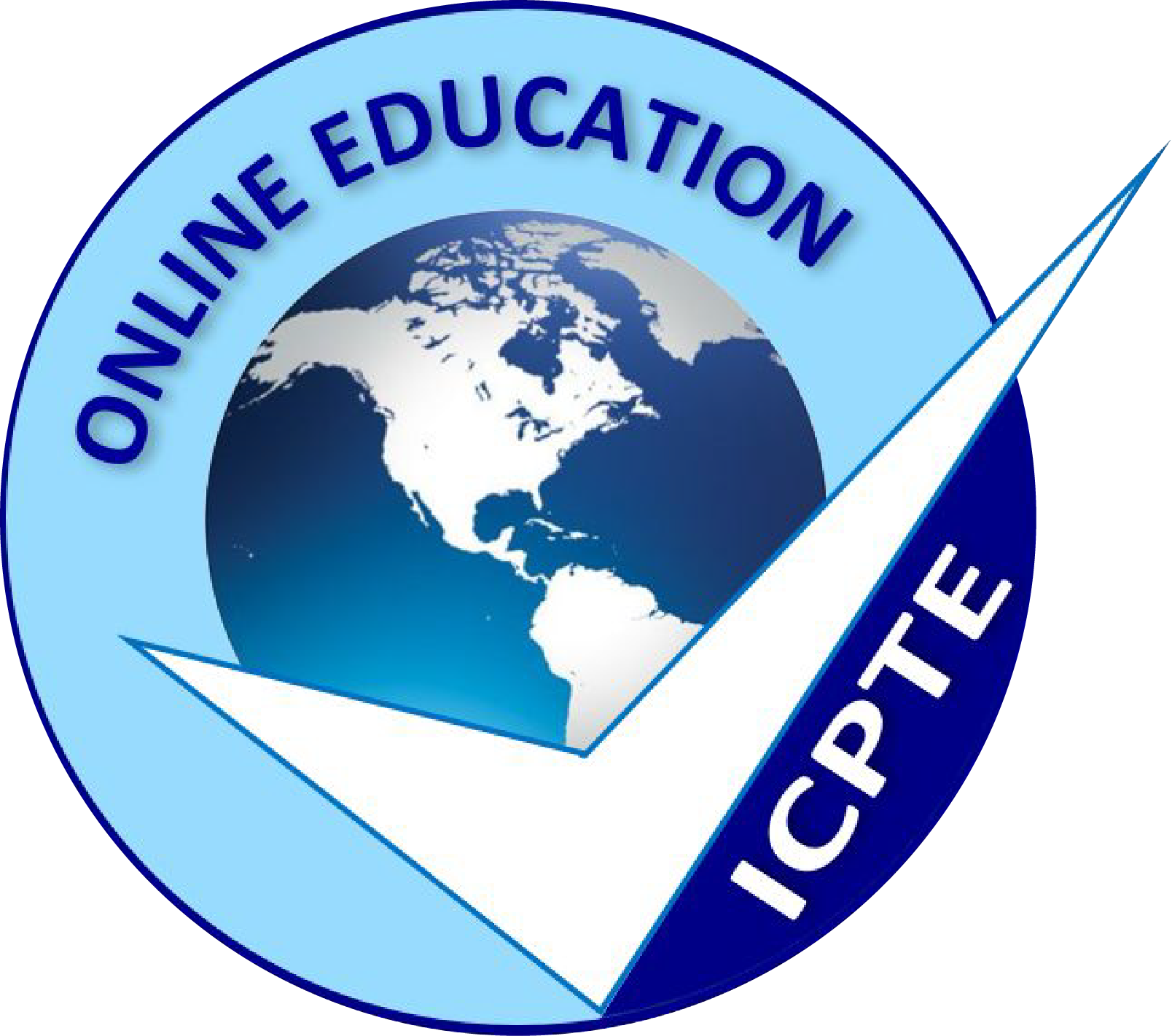5 CPD
Course overview
This course aims to describe and explain the techniques and mechanisms employed by criminals to obscure their ownership and control of illicitly obtained assets and the challenge for law enforcement agencies to identify true beneficial owner(s) or individual(s) exercising control. It will also describe how specialist and professional intermediaries (TCSPs, Accountants, lawyers) are used in the schemes designed to conceal beneficial ownership.
Course Description
This course includes the FATF requirements for transparency and describes the schemes designed to obscure beneficial ownership. It explains how corporate vehicles can be used to conceal or disguise the identity of the real person who ultimately owns, controls or benefits from illicitly gained funds. It analyses the role of the specialist and professional intermediaries (TCSPs, Accountants, lawyers) in the schemes designed to conceal beneficial ownership. It covers the definition of beneficial owner and explains the difference between beneficial ownership and legal ownership as well as techniques and mechanisms to obscure beneficial ownership.
Topics covered
The course is split into the following sections:
Section 1: Transparency and beneficial ownership
- FATF Recommendations regarding transparency and beneficial ownership of legal persons and of legal arrangements
- Compliance with Recommendations 24 and 25
- The need for transparency
- Schemes designed to disguise beneficial ownership
- The role of the nominee
- The role of the specialist and professional intermediaries (TCSPs, Accountants, lawyers)
Section 2: Who is the beneficial owner
- Who is the beneficial owner?
- FATF and Transparency International definition of Beneficial Owner
- Beneficial Owner Vs Beneficiary
- FATF Definition of Beneficial Owner in the context of legal persons
- FATF Definition of Beneficial Owner in the context of legal arrangements
- Cyprus AML Law Definition of Beneficial Owner
- Examples of natural persons who could be considered as beneficial owners
Section 3: Concealing the true beneficial owners
- Introduction
- Misuse of legal persons and arrangements
- Misuse of legal persons
- Misuse of legal arrangements
Section 4: Techniques and mechanisms to obscure beneficial ownership
- Techniques and mechanisms to obscure beneficial ownership
- Generating complex ownership and control structures
- Shell and Shelf Companies
- Front company
- Splitting company incorporation and asset administration over different countries
- Trusts and other legal arrangements
- Using individuals and financial instruments to obscure the relationship between the beneficial owner and the asset
- Bearer shares and bearer share warrants
- Formal nominee shareholders and directors
- Informal Nominee Shareholders and Directors
- Declaring Numerous Beneficiaries
- Use of Professional Intermediaries in Forming and Managing Legal Persons and Arrangements
- Use of False Loans and Invoices
- Manipulation of a company´s prospectus, annual report etc.
Course Duration
This course may take up to 5 hours to be completed. However, actual study time differs as each learner uses their own training pace.
The course is addressed to:
This course is addressed to all individuals who practice Anti-Money Laundering such as:
- Compliance/AML Managers in Banks, Investment Firms, Investment Funds, ASPs, Trust Service Corporate Providers and Lawyers.
- Consultants
- Senior managers
- Directors
It is also suitable to professionals pursuing regulatory CPD in Anti-Money Laundering.
Training Method
The course is offered fully online using a self-paced approach. The learning units consist of power point presentations and case studies. Learners may start, stop and resume their training at any time.
At the end of each section, participants take a Quiz to complete their learning unit and earn a Certificate of Completion once all quizzes have been passed successfully.
Accreditation and CPD Recognition
The course can be accredited by regulators and other bodies for 5 CPD Units that require CPD training in financial regulation. The course may be also approved for up to 5 CPD Units by institutions that approve general financial and AML training, such as the CISI, ICA and ACAMS.
Eligibility criteria and CPD Units are verified directly by your association or other bodies in which you hold membership.
Registration and Access
To register to this course, click on the Take this course button to pay online and receive your access instantly. If you are purchasing this course on behalf of others, please be advised that you will need to create or use their personal profile before finalizing your payment.
Access to the course is valid for 60 days.
If you wish to receive an invoice instead of paying online, please Contact us by email. Talk to us for our special Corporate Group rates.
Instructor
George Papanicolaou has more than 20-years experience in the Financial industry. He worked for several years in managerial positions as area Manager, Head of Brokerage, Compliance Officer, Anti Money Laundering Officer, General Manager and Executive Director in Cypriot Investment Firms as well as Managing Director of GP GLOBAL LTD offering consulting services and training courses to Investment Firms, focuses in Internal Audit, compliance & AML issues. He offered numerous courses/seminars both in Cyprus and abroad in Investment Firms Law as well as in Compliance & Anti Money Laundering. George Papanicolaou is also a Chairman of a Nomination Committee in a company listed in the Oslo Stock Exchange.
George Papanicolaou holds a BSc in Electronic Engineering from the University of Texas at Austin (USA), an MBA with specialization in Finance from Leicester University (UK) and a Postgraduate Certificate in the Mechanics of Risk Management from Middlesex University (UK).
He also holds an ICA International Diploma in Anti Money Laundering from the International Compliance Association and the University of Manchester, as well as an Advance and Money Laundering certificate from the Cyprus Securities and Exchange Commission for the provision of investment services/activities.
He is a Fellow of the International Compliance Association (FICA), Mentor of ICA new students, member of the Cyprus Institute of Internal Auditors and Network chair for Cyprus of the International Compliance association.
See more Courses from George Papanicolaou


